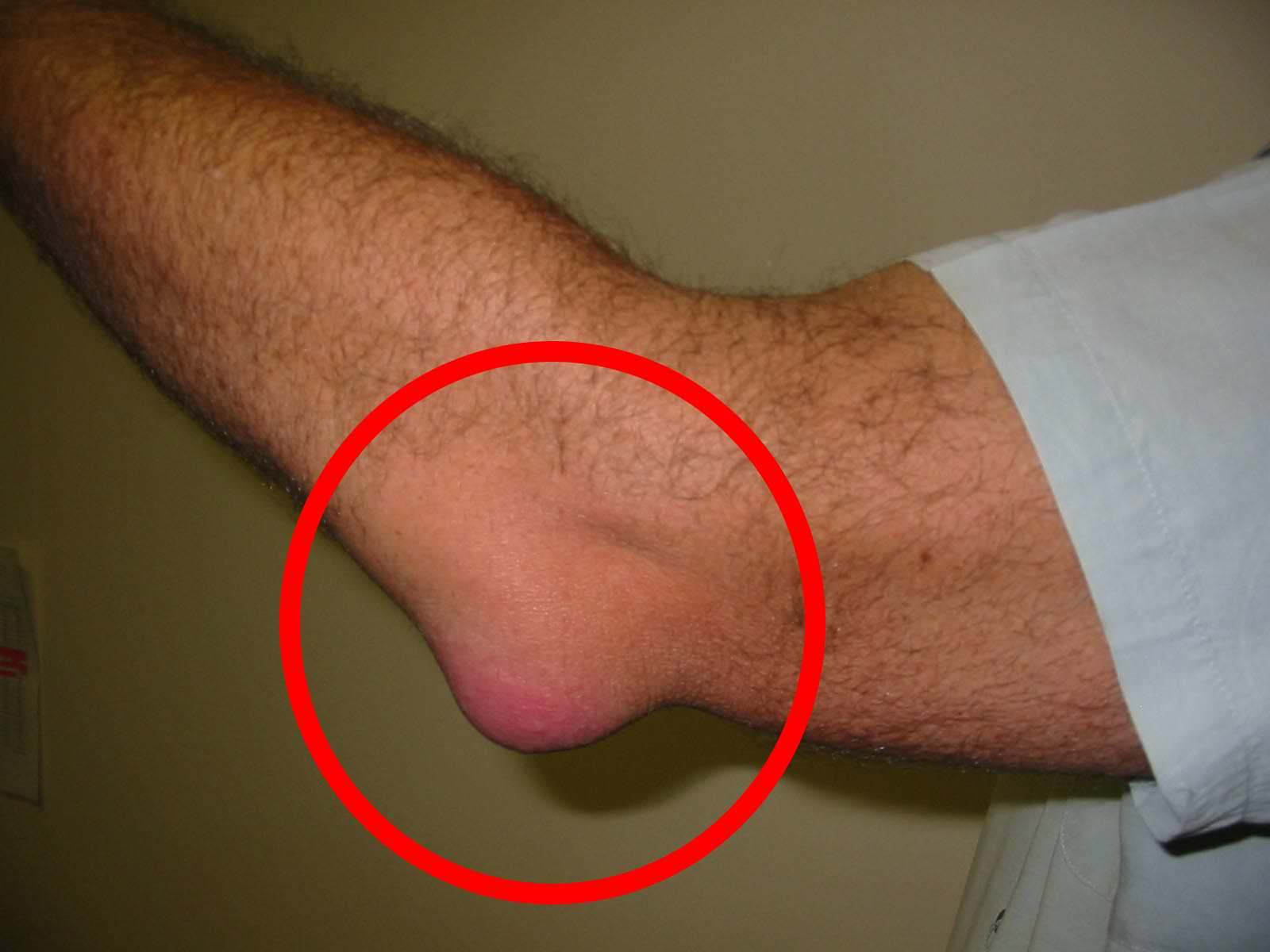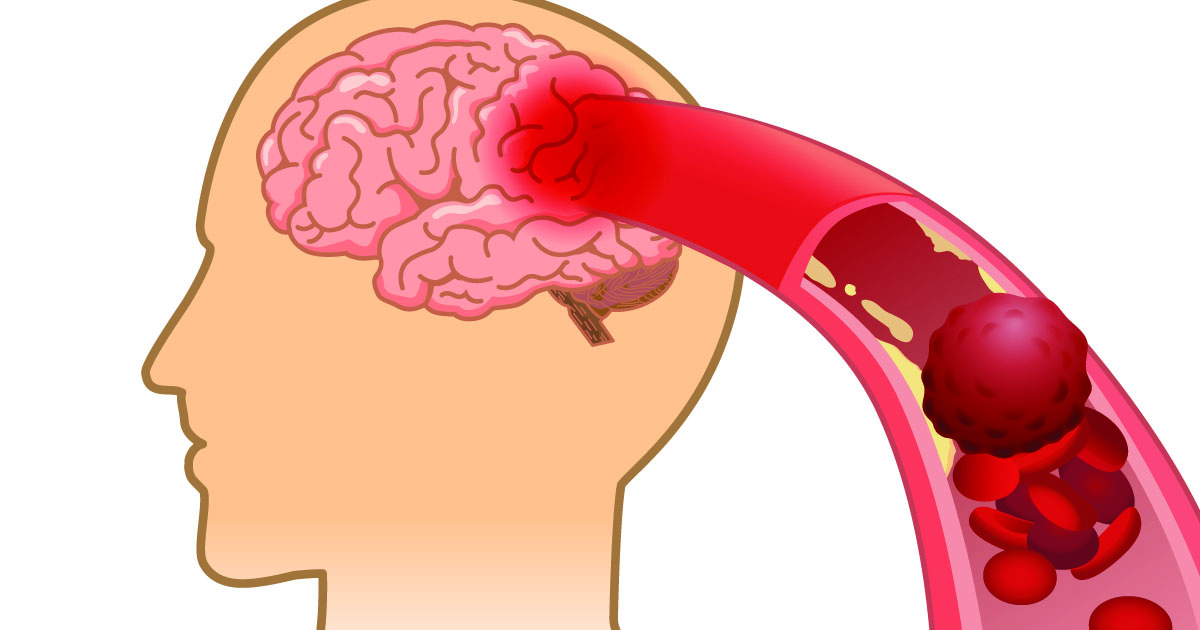Swollen Feet: 9 Warning Signs You Should Never Ignore
Cause #1: Thrombosis
When a blood clot forms in the veins of your body, usually in your legs, it is called deep vein thrombosis (DVT), writes the Mayo Clinic.
Your legs may swell and feel heavy, and the superficial veins on your legs may appear more prominent.
But DVT is a serious condition that can lead to pulmonary embolism, where a blood clot blocks blood flow to the lungs.
Cause #2: Achilles Tendonitis
The Achilles tendon is the thickest tendon in the body and is subjected to heavy stress daily.
In addition to pain and stiffness, Achilles tendonitis can also cause swelling in the ankles and heels. The swelling may be persistent, but it certainly worsens after exercise or other physical activity.
Cause #3: Osteoarthritis
Osteoarthritis is the most common form of arthritis. Osteoarthritis in the feet can cause pain, tenderness, stiffness, and swelling.
There are several tricks to relieve pain from osteoarthritis, such as practicing yoga.
Cause #4: Heart Failure
Signs of heart failure can be subtle – but one sign is swollen feet.
According to the American Heart Association, one symptom of heart failure is fluid accumulation, called edema.
This fluid retention can be the cause of swollen legs, feet, or ankles.
Cause #5: Lymphedema
Lymphedema causes lymphatic fluid to accumulate in your arm or leg, causing it to swell, writes the Mayo Clinic.
If the swelling starts suddenly or if you have a lot of pain, go straight to the emergency room.
Cause #6: Cellulitis
Cellulitis is an infection of the skin and deep underlying tissues, writes the U.S. National Library of Medicine. There are various theories on why cellulitis occurs, but it is likely caused by decreased circulation in the lymphatic system.
Although cellulitis can occur anywhere on the body, it usually affects the lower legs and can cause the skin to become swollen and feel warm.
Cause #7: Gout
One of the most painful forms of arthritis, gout occurs when too much acid accumulates in the body, writes the National Institute of Arthritis.
Gout usually occurs suddenly and often begins at night. The joints of the big toe quickly become tender, red, and swollen.
If you have severe pain or if this is the first time you have experienced it, seek immediate help.
Cause #8: Foot Bursitis

Swollen Feet: Recognizing the Warning Signs
Cause #9: Rheumatoid Arthritis
Rheumatoid arthritis often starts in the feet. The disease varies greatly from person to person, but a common symptom is swollen feet, achy joints, and eventually severe inflammation. In addition to your joints, your tendons and muscles can become inflamed by rheumatic nodules under the skin. If you think your swollen feet are a symptom of any of these conditions, see a doctor immediately.




